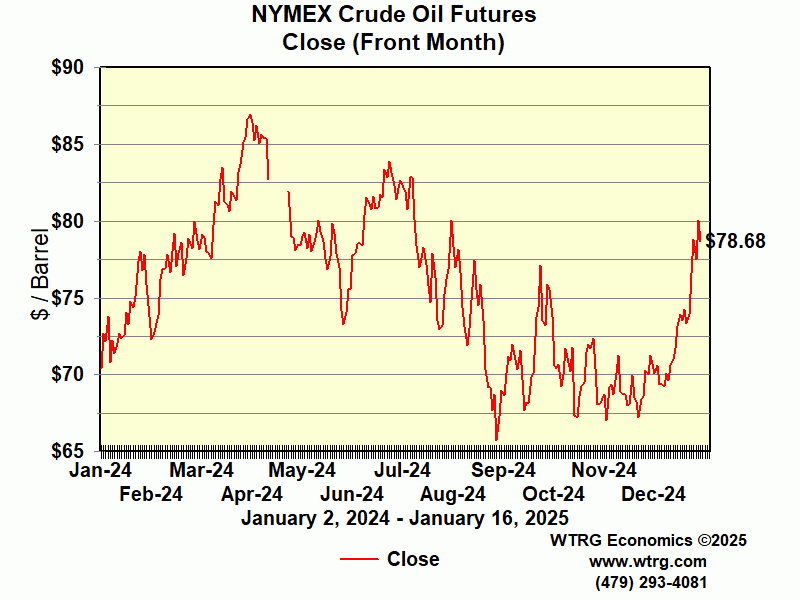How serious is the Economic problem
Two major rescue plans for the banking and financial systems by the US and UK have fallen short of luring fleeing investors back to the markets. In seven black days, crashing global indexes led by Wall Street - which tumbled 18 percent and London by 21 percent - followed by Asia, wiped $4.5 trillion off share values world wide. In the UK, it was calculated that one person goes bankrupt every five minutes. Iceland’s entire economy is bankrupt.
The plan on the G7’s table is essentially to partially nationalize almost half of the Western banking system by buying up stakes in troubled banks or shoring up the banking system as a whole.
In their statement Saturday, the G7 said that they were working on a rescue package tailored for each country within a common framework that would include recapitalizing banks, ensuring strong deposit insurance to protect savers and restarting frozen credit and mortgage markets.
This weekend sees make-or-break efforts by Western finance ministers and international financial institutions to produce a plan that will drag their economies back into equilibrium before the world’s markets open Monday, Oct. 13. They are working to the dread drumbeats of turmoil, panicky investors and looming recession, which some economists predict will be more disastrous than the 1930s slump which led to World War II.
The plan on the G7’s table is essentially to partially nationalize almost half of the Western banking system by buying up stakes in troubled banks or shoring up the banking system as a whole.
In their statement Saturday, the G7 said that they were working on a rescue package tailored for each country within a common framework that would include recapitalizing banks, ensuring strong deposit insurance to protect savers and restarting frozen credit and mortgage markets.
The partial nationalization of banks in the US and Europe breaks with the rules of the free market, of which the United States is the global epitome - a major factor in its superpower status. While Asia ( READ CHINA ) has prospered by embracing free-market practices, resentment is deepening over its shortcomings for which the US is blamed.
The only Western leader to address this problem head-on was Italian prime minister Silvio Berlusconi. At a government session in Rome, Oct. 10, he revealed: “The idea of suspending the markets for the time it takes to rewrite new rules is being discussed.” Berlusconi added: “They can’t just be for one country, or even just for Europe, but global.”
This remark was quickly retracted after a phone call from the White House in Washington, according to our sources, because it opens up the even more problematic question of who is competent to lead the rewriting of the rules. However, the IMF, high priest of the gospel that the market knows best, has already turned around and is calling for more international regulation and oversight on global finance, a further retreat from its basic tenets.
The Future?
Its not good they are straying away from a free market system, and thats going to bite them in the ass. They are in no-mans land. What they are playing with is sacred in the capitalist system, in capitalism its a major mortal sin.
It might not be a bad Idea to have 3 mos of cash ON HAND.
And 3 months of food etc on hand.
A free market system re-balances its self, some times it takes a depression, but it will rebalance. I don't know what a Governement owned system will do. They are basicly saying they the Governments have enough money to control the markets.
I don't think they do, our paradigm points to mega inflation, and money shortages.
Even OPEC has join the effort to stave off a world wide economic colaspe.
Oil prices have dropped 50% in the past 3 months from a high of $145 bbl. to $77 bbl. on Oct 10, 08. Lack of demand and cash flow problems.

Make sure your seat belt is fastened.
Gerald
Update:
Top policymakers from the Group of 20 largest economies were meeting later Saturday to work on a coordinated response to calm markets that have been shaken by massive losses and bankruptcies. The Group of Seven includes the United States, Japan, Germany, France, Italy, the United Kingdom and Canada. The European Union is also a participant. The G20 includes those eight and adds China, Brazil, Russia, India, Mexico, South Korea, Saudi Arabia, Argentina, Australia, Indonesia, South Africa and Turkey. Together, the G20 account for about 90% of global gross domestic product
Leaders of the 15 euro-zone countries will meet in Paris on Sunday to discuss a rescue plan based on the British model, which includes massive recapitalization and an explicit guarantee of all interbank credits, as urged by the IMF, U.K. Prime Minister Gordon Brown and many outside experts.
Although the talks in Washington this weekend haven't come up with the specific solutions needed for each nation, the whole world is committed to do whatever it takes to unfreeze credit markets, said Dominique Strauss-Kahn, the IMF's managing director.
NO DETAILS FORTH COMING, AND THATS WHAT THE MARKETS NEED TO CALM THE JITTERS.
DETAILS OF THE PLANS.
g
OUR RELATED POSTS:
recession...CHINAS CASH SURLPUS
.US banks leading way to world DEPRESSION
Labels: Central bank, Federal Reserve System
![Reblog this post [with Zemanta]](http://img.zemanta.com/reblog_e.png?x-id=05e0d495-f8d8-484a-b944-26abb130339e)


0 Comments:
Post a Comment
Subscribe to Post Comments [Atom]
<< Home